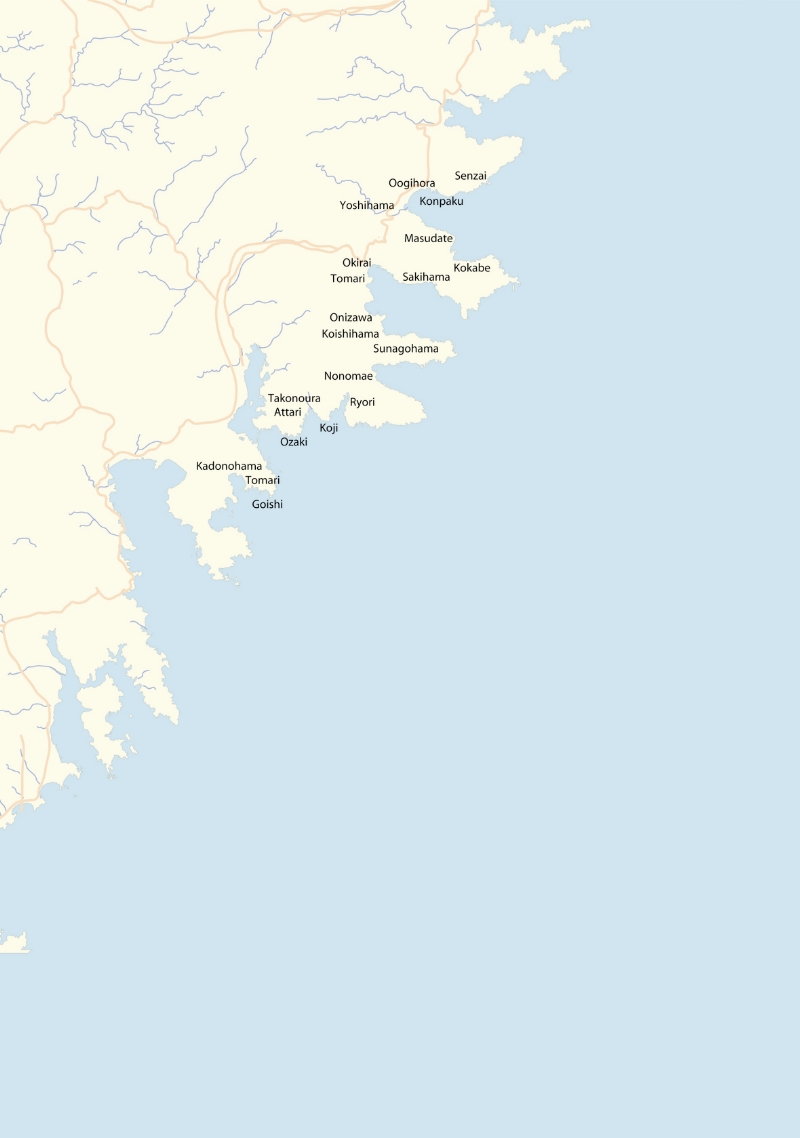Recovery
Recovery of Fisheries in the Affected Areas
In the Pacific coastal areas of Tohoku hit by the earthquake and tsunami, the main industry of fishing has been devastated. Now, fisheries scientists must step up and help the industry recover.
Hisashi Kurokura
Professor, Graduate School of Agricultural and Life Sciences
The title of this section is “The Academic Community’s Contribution to Japan’s Recovery.” However, I do not think that academics are facing new challenges as a result of the disaster. Rather, essential problems, which had been progressing but were not deemed urgent, have suddenly become high priority. Neither the academic world nor the government made a serious effort to tackle these problems in the past. I will give specific examples of this in the following paragraphs.
Shiogama, Ishinomaki, Kesennuma, and Ofunato are cities in which various industries related to fisheries all work together. These industries include fish processing, distribution, shipbuilding, navigation devices, fishing tools, fish freezing, financing, and the hotel business. If these cities are to recover from the disaster it is not enough to simply revitalize the fishing industry. Ocean fishing vessels choose which port to land their catch in consideration of the quality of the landing, processing, freezing, distribution and other facilities and also of the availability of repair facilities for their ships. Meanwhile, to meet operational capacity, seafood processing facilities process imports as well as local catches. The cities depend on the fisheries and the fisheries depend on the functions provided by the cities. Despite this, the authority of the Fisheries Agency has traditionally been limited to matters related to fishing and it has not actively engaged in issues related to seafood processing, let alone issues related to shipbuilding and financial institutions. In addition, there are few members of the Society of Fisheries Science who have studied the relationships between fisheries and society. Although both government and academic bodies were aware of the importance of such studies, they did not actively engage in them because they were not deemed urgent.
The management of the business of fishing has similarly been largely neglected by researchers. Fisheries pose substantial management risks as the amount of available resources can fluctuate dramatically and seafood tends to be vulnerable to putrefaction. The price of fisheries products fluctuates widely, and fishermen can either earn a lot or nothing at all. It is therefore very important to minimize the business risks involved in the fishing, for which effective methods are known. For example, there is the pool system, in which fishermen work together and share profits equally, and the individual transferable quota (ITQ) system, in which fishing quotas are allocated to individual fishermen and those whose catch is below quota for whatever reason can sell their allocation. These systems would help fishermen reduce the cost of competition and secure the necessary funds in the event of permanent or temporary suspension of their business. The effectiveness of these methods, however, has previously tended to be discussed in terms of resource management. Even before the disaster, a significant minority of fishermen were experiencing business difficulties. Some who had been against the introduction of the ITQ system, now — having witnessed almost all of their ships being irreparably destroyed — say that the system should have been introduced. The reduction of management risks is a classic and inherent concern for the fishing industry but was little studied, being hindered by irrelevant discussions.
It is also worth paying attention to micro fishing, which is not always as unprofitable as it seems. Because management costs are low, these family-type businesses can be highly profitable. On the other hand, in aging and depopulated coastal communities it is becoming difficult to ensure profitability in micro fishing through managerial efforts alone. Micro fishers therefore need some kind of non-financial support in order to do better than simply survive. This issue encompasses a wider range of problems not limited to fishing, including those concerning critically aging and depopulated villages. These problems are not new, but fisheries scientists are yet to consider the profitability of micro fishing in relation to them.




